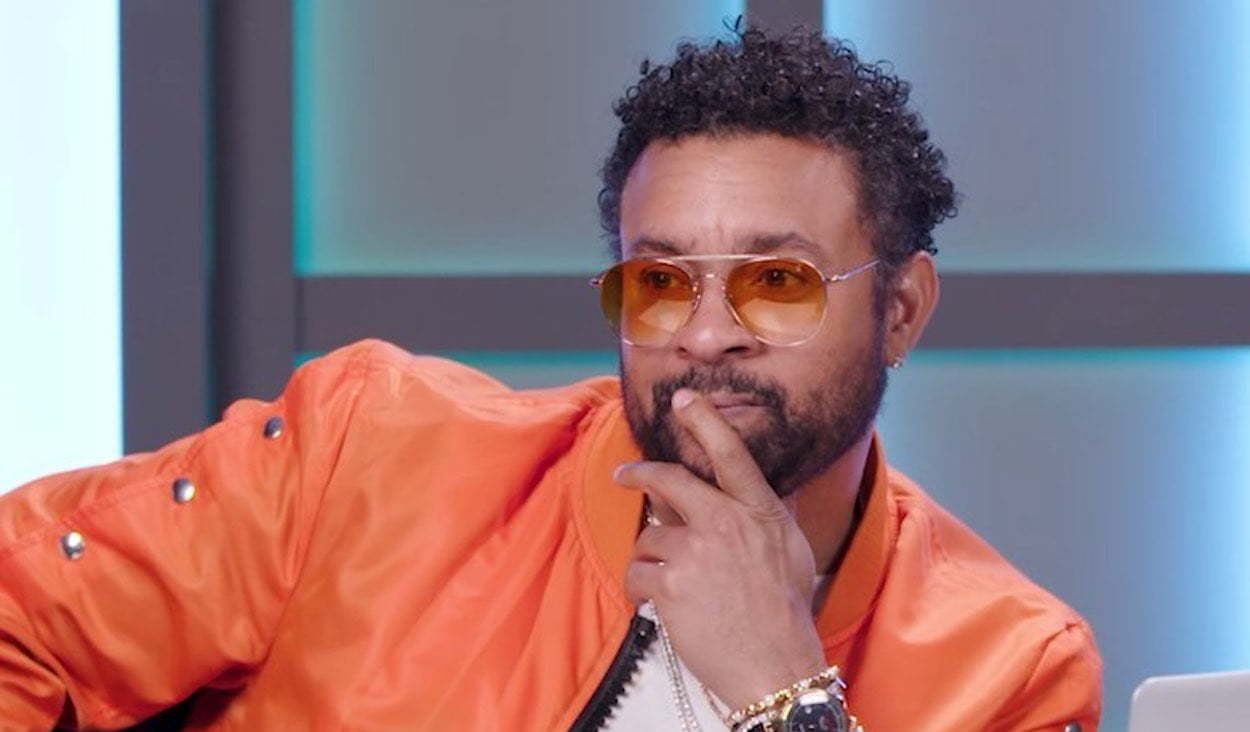Shaggy shares his insight on how race impact artistes in the reggae and dancehall space internationally.
Racism in the music industry is often a talking point for many black artists worldwide. There’s little doubt that at one point or another, racism has held some careers and genres back, but black artists have to keep pushing on and fight that racism, according to Grammy-Award-winning artist Shaggy.
The dancehall legend shared his opinion on race in reggae and dancehall while speaking as a panelist at the Jamaica Music Conference’s Reggae Month panel discussion. The show was aired last Sunday, February 13, on PBC Jamaica and other online platforms.
Shaggy observed that some of the biggest reggae bands right now are made up of white members. He added that they have the biggest tickets and the biggest sales. This fact is easily noticeable and may cause some people in the industry to question why this is so. From this point, he concluded that it was quite obvious that racism had played some role in the industry’s dynamic.
The “Angel” singer also used someone he often works with as an example of a type of white privilege. He said that Sting told him that he used to sit and watch Steel Pulse, Aswad, and Bob Marley and was mesmerized by the quality of music back in the early days. In fact, it became a part of his inspiration when he created a hybrid version of the reggae bands he idolized and called the band Police.
While Shaggy admitted that the Police did produce mega-hits, he said he believed that one of the major reasons they got serious radio play was because they were white. The “Mad Mad World” singer added a few more names to the list that he believed made it because of the color of their skin.
“If you think about it, the biggest reggae band dem, UB40, Ace of Bass, they are all white reggae bands,” Shaggy said. “You look at somebody like a Collie Budz who probably play more festival than Gramps Morgan who have more hits than him. Look at the great Bob Marley, arguably the ‘king of reggae’, his biggest chart position song is I Shot the Sheriff by a white guy. So, don’t think it’s not a part of it, what we should not do is dwell on it.”
In an eyebrow-raising moment, he also addressed a topic many have argued over in recent times. Even the black artists of Jamaica who are extremely popular internationally are primarily light-skinned.
Shaggy used himself, Sean Paul, and Bob Marley as examples to convey his point. He added that it was not a coincidence that they were some of the most successful artists to come out of the island.
Besides racism in the industry, the genre seems to have stopped growing, he added. That has caused a stagnancy in streaming numbers as well. This while Afrobeats, born of dancehall, is doing well worldwide.
He added that because of those streams, both Afrobeats and Reggaeton, another genre generated off of dancehall, have been doing huge numbers. Another genre that seems to be growing steadily is Trap dancehall, he continued.
Shaggy noted that the streaming numbers are just not as good when it came to reggae and dancehall, even though these genres were the inspiration behind the other subsets mentioned above. His advice was simple, the only way to counter this current stagnancy was to keep pushing and working hard to get Jamaican music the recognition it deserves.
